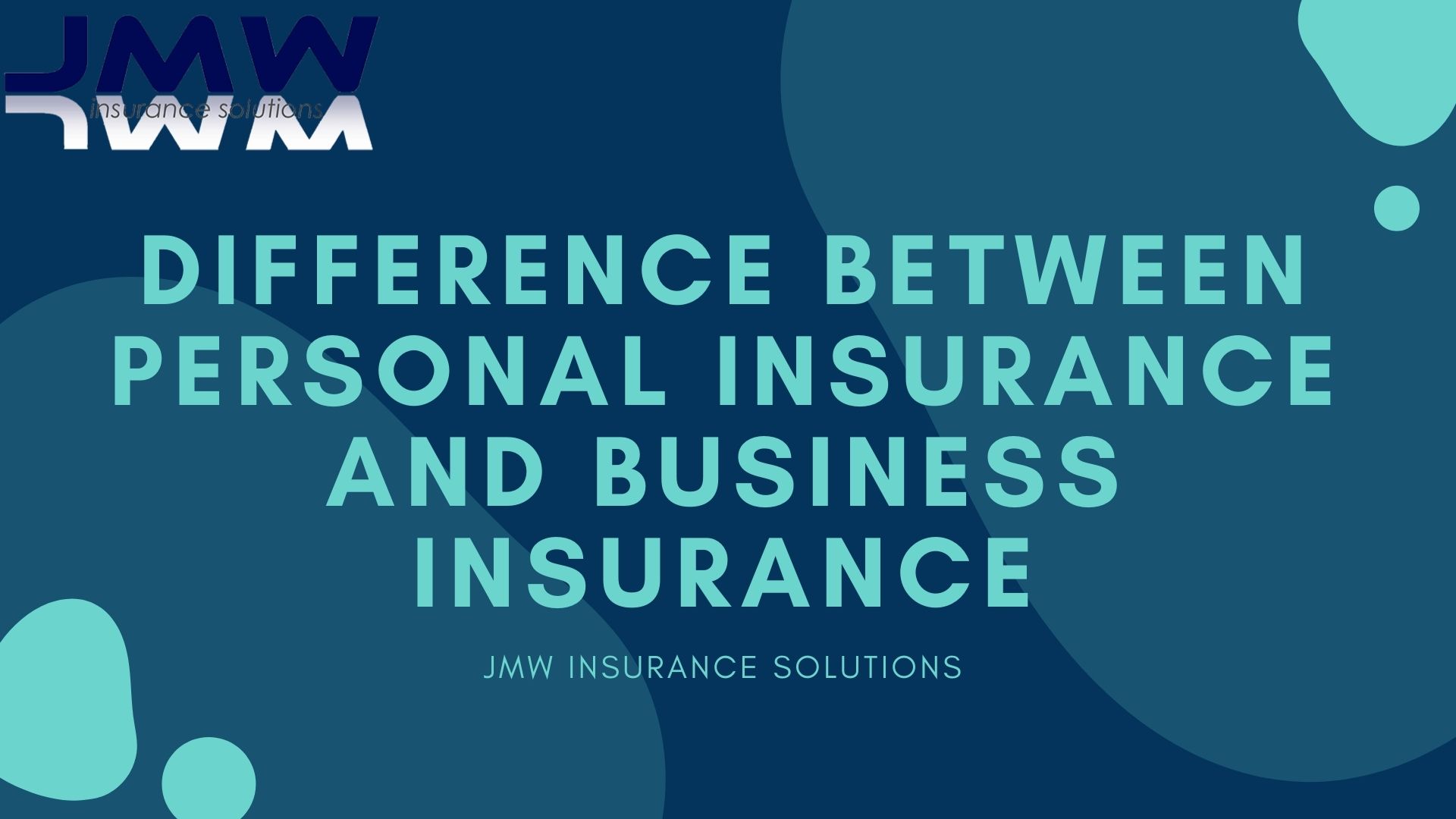
Commercial insurance and personal insurance have almost similar characteristics. Both of these help protect you and the assets you’ve invested in. Be it a car, property, or some other valuable asset, your insurance covers all the costs if something unforeseen occurs. However, if you are new to using your vehicle for business, learning about how your commercial and personal auto insurance works can be confusing and overwhelming.
Here are a few differences between personal insurance and commercial insurance that you should know:
Insurance that protects not just your vehicle but also your business
Personal and commercial insurance can be customized to provide coverage against personal injury and other liabilities. On the other hand, commercial auto insurance typically protects you and your business and offers higher policy limits than personal auto insurance.
Named Insured
Named Insured is one of the key differences between personal and commercial auto insurance. While in personal insurance, it will be the name of an individual, a couple, or a family; on the other hand, in commercial insurance, it depends on the ownership structure of the organization. It can be a sole proprietor, a group, corporation etc. In a nutshell, it informs about who the insurance is protecting.
Liability Coverage
Another significant difference in commercial vs personal auto insurance is the liability coverage that your plan has to offer you. For example, commercial auto insurance mitigates the risk of additional repair costs that could happen while running a business. On the other hand, personal auto insurance provides you with cover against day-to-day dangers and unexpected accidents that can occur in your life.
Employee coverage
If you have employees who drive your vehicles as part of their jobs, you should ensure that they are covered under your auto insurance policies terms. This will benefit your company as well as the employee and help in the maintenance of a cordial relationship between you two.
Specialized coverage
Many commercial auto insurance policies provide specialized coverages at no extra cost. These include covering the cost for repairing and servicing damage to all the vehicles rented or hired for your business. Thus, it acts as a plus point while considering an insurance policy.
Vehicle ownership
The type of insurance that you should purchase depends upon the ownership of your vehicle as well. For example, if you own a car and drive it to your office daily, you need to buy personal car insurance. However, if your company owns your vehicle and the most common use of the vehicle is for business trips or job-related tasks, you need to purchase commercial insurance.
Risk level
Since personal cars are for more frequent use, they are more likely to get involved in accidents and incur damages. On the other hand, commercial vehicles are usually for business trips, delivering products, and trips to job sites, and thus are less likely to get involved in accidents. So, the lower the risk exposure, the lower is the premium pay for the insurance plan.
Vehicle type
The size and weight of your vehicle are significant factors in determining the type of insurance you need. For example, if you own a small four-wheeler for your family, you should go for personal insurance. On the other hand, you should buy commercial insurance if you have a pick-up truck for your job-related activities.
Higher liability limits
Commercial auto insurance usually provides higher liability limits compared to personal auto insurance. However, having the right insurance coverage is an extensive investment for any business owner using a vehicle for their business.
Conclusion
You can select the most suitable insurance according to your requirements. The selection entirely depends upon the premium you have to pay, the additional coverage, and the claim process that the provider is offering to you.
